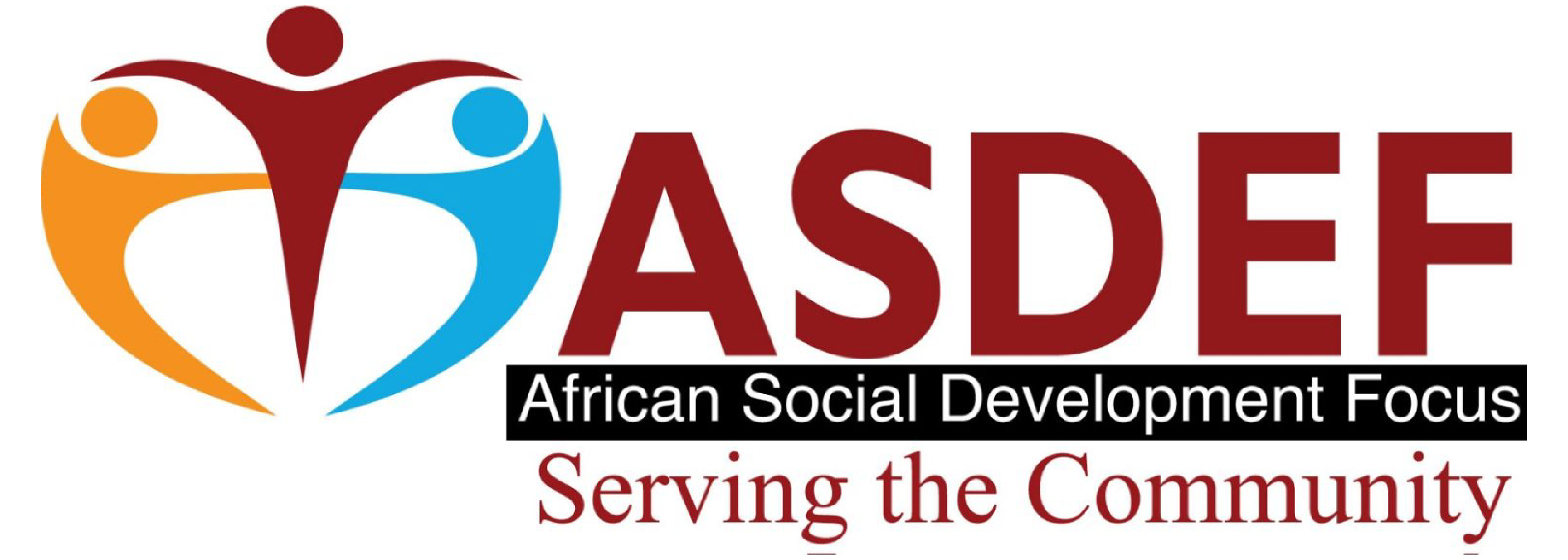info@asdef.org / abdishakur@asdef.org
Humanitarian Response
Education
THE CHALLENGE
A high number of children in Kenya and Somalia, especially in pastoralist communities, are denied education. For Somalia, it is estimated that more than three million children are out of school. The drivers of lack of access to education include cultural influences, civil unrest, natural disasters, nomadic lifestyles, and underinvestment in learning resources. Additionally, early-grade reading assessments undertaken in schools in Mogadishu in 2019 highlighted that 47% of Grade 2 students could not identify a single word in the reading assessment (USAID). Gender disparities in the teaching profession, where 90% of primary and secondary school teachers are male, exacerbate inequalities in access to education by girls. Multiple studies have also revealed that disability doubles a child’s chance of being out of school in both Kenya and Somalia, just like in many other developing countries.
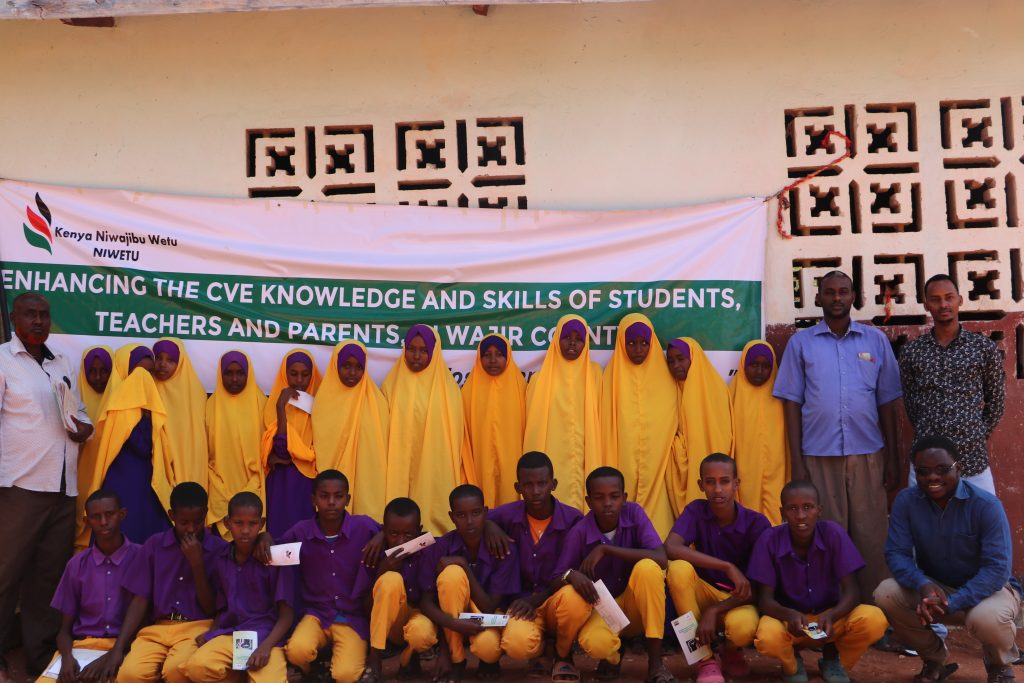
THE SOLUTION
ASDEF’s education interventions are geared towards eliminating retrogressive cultural norms that affect access to education by girls and children with disabilities, providing resources that ensure access to quality education, and mobilizing support.
OUR ACHIEVEMENTS
In between 2019 and 2023, ASDEF’s interventions have reached 121,234 children in 14 districts in Kenya and Somalia. The support included provision of teaching and learning materials, construction/rehabilitation of learning spaces, teacher training, mentorship, improvement of hygiene and sanitation in schools. During this period, ASDEF provided 183 multi-pronged community awareness sessions in different places to address retrogressive cultural practices and influenced 23,563 community members through our advocacy work.
Food Security &
Livelihoods
THE CHALLENGE
ASDEF’s livelihood interventions are aimed at increasing the resilience of households and marginalized communities against economic shocks. This is achieved through interventions that increase crop and livestock yields for farmers, business development support for micro and small enterprises, and influencing policy-making at various levels.

THE SOLUTION
ASDEF’s livelihood interventions are aimed at increasing the resilience of households and marginalized communities against economic shocks. This is achieved through interventions that increase crop and livestock yields for farmers, business development support for micro and small enterprises, and influencing policy-making at various levels.
OUR ACHIEVEMENTS
Between 2018 and 2023, ASDEF has supported 11,083 farmers in 4 districts in Kenya and Somalia with quality farm inputs, training in climate-smart agriculture, and linkage to markets through influencing key players in value chains. The organization has supported communities in the districts in the establishment of VSLAs, leading to increased savings, provided business development support to 42 micro and small businesses, and provided $540,000 as cash relief to cushion 4,900 low-income families from extreme hunger.
Water, Sanitation & Hygiene (WASH)
THE CHALLENGE
In both Kenya and Somalia, the issues of water shortages, poor hygiene, and inadequate sanitation continue to pose significant health risks, especially amid recurring climate-related disasters and conflicts. In Somalia, over 900 deaths, predominantly among children under five, have been attributed to cholera and related diseases over the past three years. The risk is exacerbated by limited access to clean water and sanitation facilities, especially in conflict-affected areas and displacement camps. This scenario not only spreads diseases but also burdens women and girls who often bear the responsibility for water collection, exposing them to potential violence and reducing their opportunities for education and economic activities. Kenya faces similar challenges, with only 59% of the population having access to safe drinking water and 29% to basic sanitation facilities. Open defecation is still practiced by a significant portion of the population, contributing to the spread of diseases. Both countries are working towards improving their WASH sectors but continue to face significant challenges due to insufficient infrastructure, recurring droughts, and conflicts that disrupt normal living conditions and exacerbate the public health crisis.
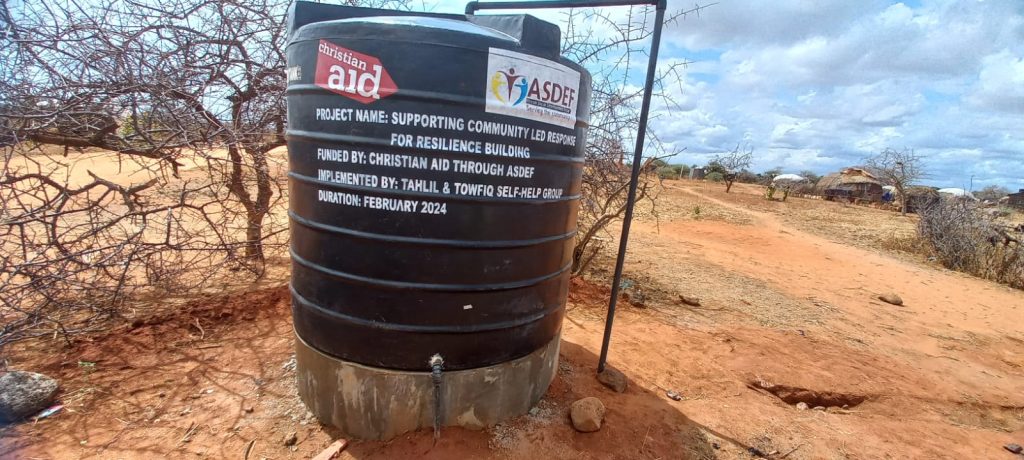
THE SOLUTION
ASDEF seeks a multifaceted approach focusing on sustainable solutions to Kenya and Somalia’s water, sanitation, and hygiene (WASH) challenges. ASDEF focuses on policy-level influencing, water infrastructure development, sustainable energy solutions for water systems, promoting community-led total sanitation (CLTS), strengthening WASH in public institutions, and encouraging public-private partnerships (PPPs) to facilitate more innovative and financially sustainable solutions. ASDEF implements these strategies in coordination with governments, NGOs, community leaders, and international partners.
OUR ACHIEVEMENTS
From 2018 to 2023, ASDEF has significantly addressed water, sanitation, and hygiene (WASH) challenges across four districts in Kenya and Somalia. Focusing on policy-level influence, ASDEF successfully advocated adopting community-led total sanitation (CLTS) initiatives, leading to a marked increase in sanitation coverage. By working closely with local governments and stakeholders, ASDEF has facilitated the integration of WASH priorities into district development plans, ensuring a sustainable policy framework that supports WASH initiatives. ASDEF has been instrumental in constructing and rehabilitating eleven water supply systems, including boreholes and piped water systems, now serving thousands of residents in these districts. These efforts have been particularly effective in regions experiencing chronic water shortages, significantly improving access to clean and safe water. ASDEF has also championed the use of sustainable energy solutions for water systems. By installing ten solar-powered water pumps in ten remote villages in four districts, the organization has reduced the reliance on non-renewable energy sources, ensuring a sustainable and cost-effective water supply to communities and public institutions. The organization has installed 79 improved sanitation facilities and handwashing stations in schools and healthcare facilities. This initiative has improved hygiene practices among students and healthcare workers and has also played a crucial role in reducing the spread of waterborne diseases.
Shelter, Protection and NFIs
THE CHALLENGE
Internally displaced persons (IDPs) and refugees in Somalia and Kenya face dire challenges regarding shelter and protection, further compounded by specific vulnerabilities faced by women and young girls, including gender-based violence (GBV). In Somalia, over 2.1 million people live in protracted displacement, with many residing in overcrowded informal settlements lacking essential services such as water, health, and shelter. The situation for IDPs is precarious, with many unable to return to their places of origin due to ongoing conflicts and the lack of basic infrastructure in their home regions. Women and girls, who head 70-80% of IDP households in Somalia, are particularly vulnerable to sexual and gender-based violence. The intersection of inadequate shelter, lack of legal protection, and disrupted social structures significantly heightens their risk of exploitation and abuse. In these contexts, the absence of stable and secure housing exacerbates the vulnerability of displaced populations to GBV. Displaced women and girls often face heightened risks of rape, sexual harassment, and other forms of violence, partly due to the lack of secure and private sanitation facilities. The constant threat of eviction and the need to secure day-to-day survival further limit their ability to seek help and access services.
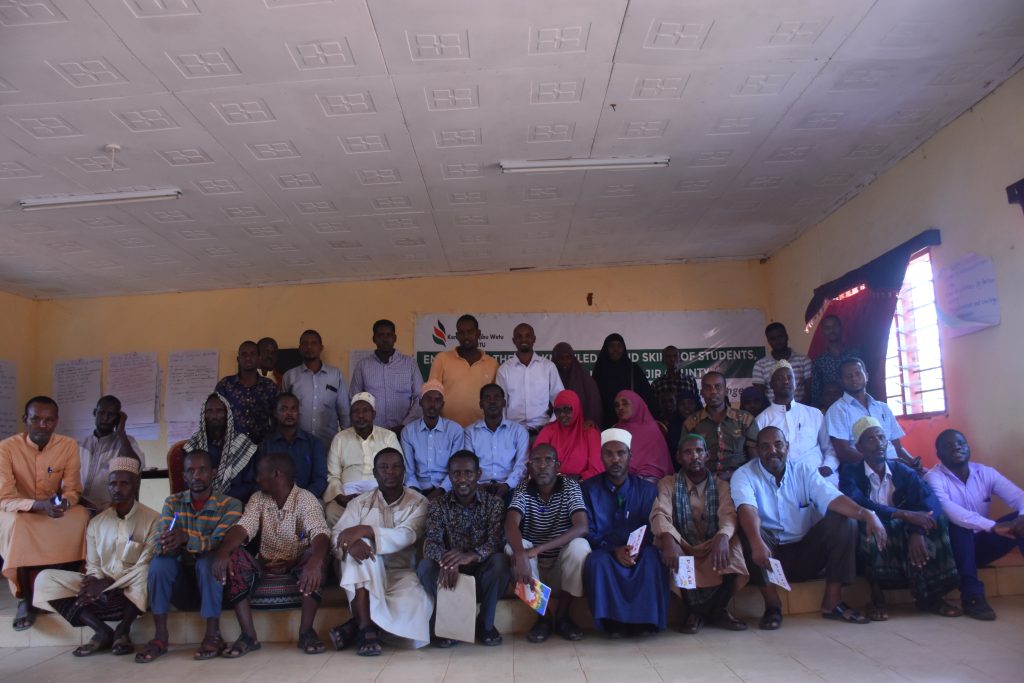
THE SOLUTION
ASDEF aims to improve access to adequate housing for marginalized communities, especially households that have children, people with disabilities, the elderly, women and people from other underrepresented groups facing housing shortages. Access to safe and adequate housing promotes safety, dignity and reduction of GBV. OUR ACHIEVEMENTS
OUR ACHIEVEMENTS
ASDEF has supported multiple humanitarian organisation in targeting and reaching people that are in extreme need, developing housing solutions suitable for diverse needs such as for accessible housing for people with disabilities. We can have additional details on protection especially child protection and SGBV- (child soldiering and SGBV in IDP camps).
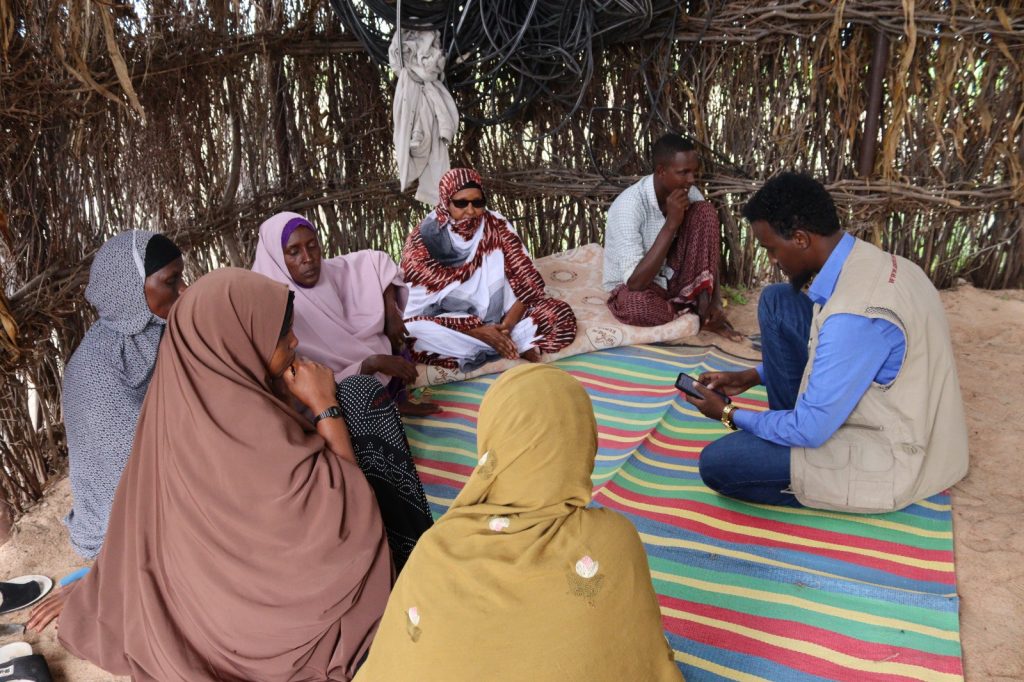
THE SOLUTION
Through community awareness and advocacy, ASDEF aims to address the attitudinal barriers facing people with mental health conditions, and to increase acceptance in the society. ASDEF also aims to engage with mental health institutions for capacity building with a goal to increase access to quality mental health services.
Mental Health & Psychosocial Support
THE CHALLENGE
Due to protracted conflicts, frequent natural disasters (such as droughts and floods), and limited resources, a significant proportion of the population is believed to suffer from mental health or psychosocial conditions. While data is scanty, studies by Human Rights Watch estimate that up to a third of the population have some form of mental/ psychosocial condition. Factors that contribute to a high prevalence include: Conflict, economic challenges, cultural stigma and limited mental health infrastructure. There is significant demand for training, awareness campaigns and enhanced services in the country. In a study undertaken in 2021 by SHF, 31% of respondents stated that they experience mental health concerns.
NEED MORE DETAILS ?
We are here to assist. Contact us by phone, email or via our social media channels.
